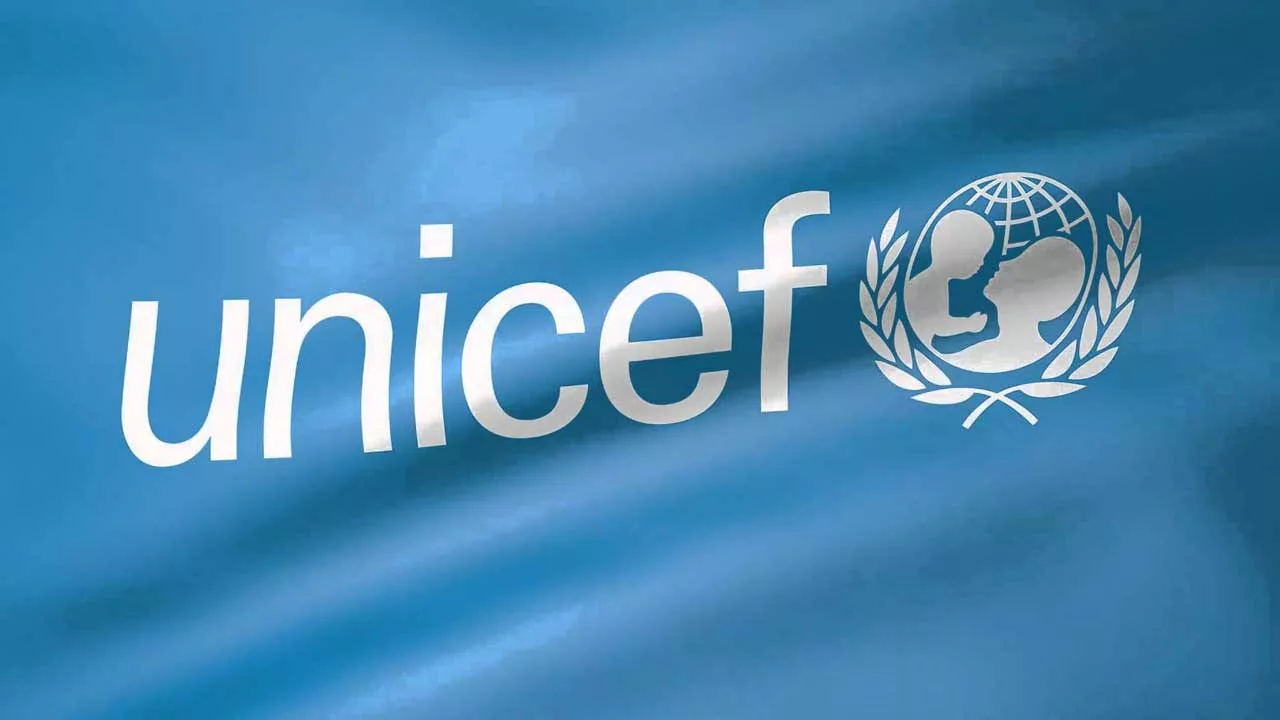PZ Cussons Plc, the parent company of PZ Cussons Nigeria, has announced that the company is planning to sell its African subsidiaries, citing naira fluctuations.
The company in its ‘Results for the year ended 31 May 2024,’ published on Wednesday, said it is is looking at partial or full sale.
PZ Cussons said the sale will reduce the company’s exposure to naira fluctuations.
News continues after this Advertisement
The consumer goods manufacturer said the board has received multiple interests in the sale of its African business.
“The Group is currently engaged in a process to sell its St Tropez brand and is exploring potential transactions that could lead to a partial or full sale of its Africa business, having received a number of expressions of interest,” PZ Cussons said.
“A partial or full sale of the Group’s Africa business could materially reduce the Group’s exposure to fluctuations in the Naira exchange rate.
News continues after this Advertisement
“The Board has committed to using any proceeds from these transactions to first reduce gross borrowings, and consequently the level of the Group’s net interest cost.”
Jonathan Myers, PZ Cussons’ chief executive officer (CEO), said Nigerians are facing unprecedented inflation and economic difficulties.
Myers said the naira devaluation has also significantly impacted the company’s financials.
“The period was marked by a 70% devaluation of the Nigerian Naira, which has had significant implications on our reported financials,” he said.
“We have worked hard to mitigate the impact of this on the Group, while continuing to serve Nigerian consumers who are facing unprecedented inflation and economic difficulties.”
Commenting on the impact of the naira devaluation, PZ Cussons said a foreign exchange loss of £107.5 million “primarily arose from the translation and settlement of USD denominated liabilities in our Nigerian subsidiaries and is wholly the result of the devaluation of the Naira, which fell by 70% from 31 May 2023 to 31 May 2024”.
News continues after this Advertisement
News continues after this Advertisement
.png)
 12 hours ago
5
12 hours ago
5









 English (US) ·
English (US) ·